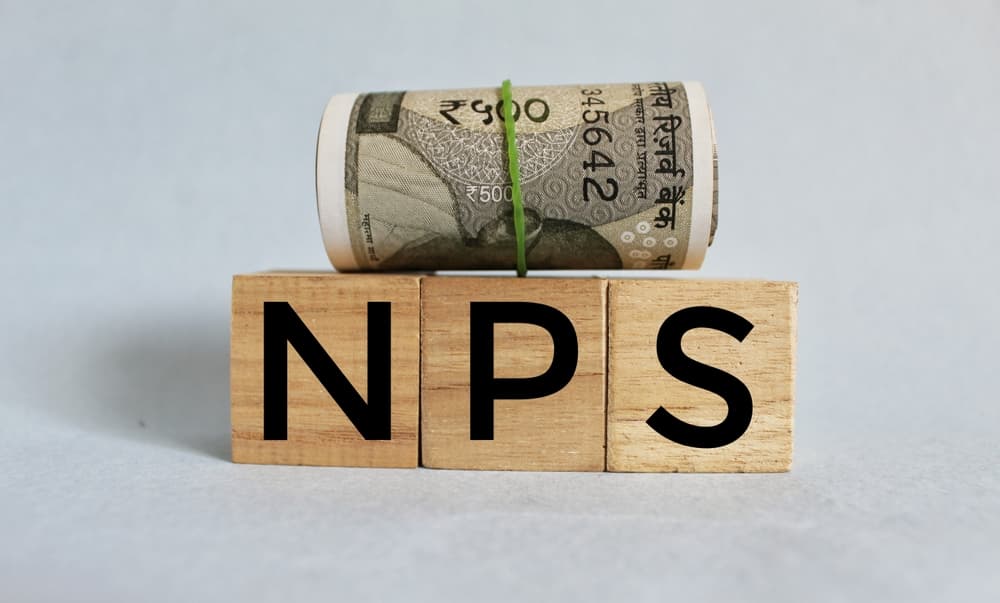People have a “moderate level” of awareness regarding the National Pension System (NPS), and it is more preferred in North India than in the rest of the country, according to a joint study by the HDFC Pension Management Company and IPSOS, a market research firm.
The NPS Preference Index Study, conducted on the occasion of NPS Diwas on October 1, interviewed around 1,800 people aged 30-40 and 45-55 with income levels of over Rs 7 lakh.
NPS is a social security scheme launched by the government in 2004, but its penetration is still low. The study tried to find out the reasons behind NPS’ low penetration.
Financial Priorities, Retirement Age, Corpus Estimation, And Worries:
The participants’ top financial priorities were future medical expenses and child education. In lower-tier markets, child education and marriage are more important than retirement planning compared to metro cities. Younger people want to retire earlier than the older ones. Five per cent want to retire by 50, while 20 per cent believe retirement planning should start in the 20s.
Regarding the retirement corpus size, most respondents believe the ideal size should be Rs 1.3 crore, which, as per the study, is underestimated. Also, the top concern among people is the increasing healthcare costs, followed by health issues and aging. People were least bothered about outliving retirement savings.
Triggers And Barriers To Retirement Planning:
The main triggers for retirement planning were declining health, financial security, securing dependents financially, savings for life events, and financial advice from social circles. The higher age group feels declining health as the main trigger, and for the higher income group, advice from the social circle came as the top trigger for retirement planning.
In non-metro cities, a lack of knowledge is a major barrier to retirement planning, while in metro cities, people feel that they have sufficient savings for their future compared to smaller cities.
Expectations From Retirement Products And What Appeals To People:
The study says that most people expect ‘security of capital’ and ‘tax benefits’ in a retirement product and see NPS as a government-backed retirement security option. The source of information about NPS for 69 per cent of respondents is mainly through friends and family, social media 53 per cent, and government advertising 37 per cent. The study finds that NPS appeals to people hugely because of the tax benefits. In the North, “No tax concerns on withdrawal” has a higher appeal, whereas, in the South, it is “Benefit to spouse”. Around 86 per cent of those who have invested in NPS feel confident about their retirement planning compared to 74 per cent not enrolled in the scheme, says the report.
Triggers And Barriers To NPS:
In the case of NPS, the triggers are tax benefits, seeing family and friends investing in NPS, and a financial advisor’s suggestion in the East and for old age people, whereas family and friends’ suggestions work in the North and getting a better return is the trigger in South India. Lack of knowledge is the biggest barrier perceived by 33 per cent. It is followed by returns, lock-in period and terms and conditions, with 30 per cent each, respectively. In metro cities, the biggest barrier to NPS adoption is the “return” from it, and in non-metro cities, it is the “lock-in period”.
Findings In A Nut-Shell:
The study evaluated the aspects of familiarity, appeal, and consideration for NPS. The findings show that NPS awareness is at a “moderate level” influenced by these pillars. In North India, NPS is more popular than in other regions.




